City leader says a pair of new fees are aimed at “making progress on tackling the climate crisis” and won’t be an undue burden on business
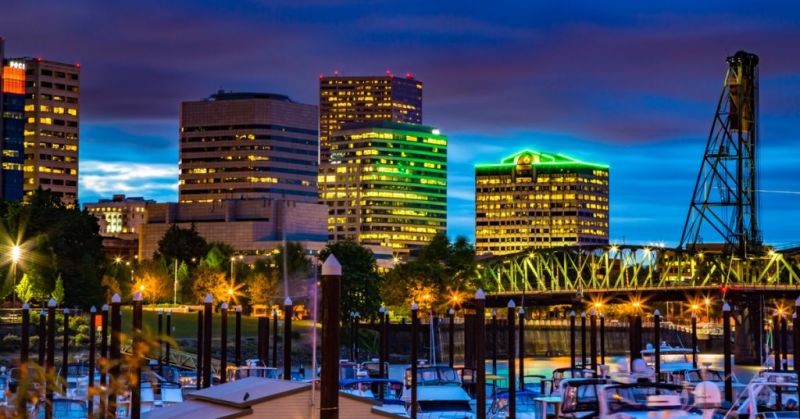
All clear? Portland leaders say proposed new fees for greenhouse gas emitters won’t duplicate similar laws already on the books. Photo by Tony Webster
By Zane Sparling, Portland Tribune. November 23. 2020. Key leaders at City Hall are pitching a new price to be paid by Portland’s air polluters and carbon emitters.
Mayor Ted Wheeler and City Commissioner Jo Ann Hardesty have joined forces to propose the two new surcharges—dubbed the Healthy Climate Fee and the Clean Air Protection Fee—that would collectively raise roughly $11 million per year, according to estimates by the Bureau of Planning and Sustainability.
“As with any complex issue, we need to think creatively if we are going to make progress on tackling the climate crisis and our city’s greenhouse gas reduction goals,” Hardesty said in a Nov. 20 release announcing the proposals.
The fees, set to take effect in spring 2022 if approved by a vote of the City Council, would apply to 81 entities across Portland ranging from heavy industry and manufacturing to hospitals, educational institutions and public agencies.
Some entities would pay both fees, others only one—but overall roughly half of the entities would pay $25,000 or less per year, while another 30 would pay more than $100,000.
“I support aggressive action on our climate action goals, particularly air quality. And I support the goal of this proposal,” Wheeler said. “I look forward to helping Commissioner Hardesty.”
How the two fees would work
The Healthy Climate Fee would charge a $25 per-ton fee on greenhouse gas emissions, but only for those entities generating more than 2,500 metric tons of carbon dioxide equivalent emissions. Only 35 facilities met that benchmark in 2019, but they produced 370,000 metric tons that year. Revenue is projected at $9 million yearly.
The Clean Air Protection Fee would charge entities a tiered fee of $15,000, $25,000 or $40,000 corresponding to the level of air pollution discharge permit those entities have obtained from the Oregon Department of Environmental Quality. Some 72 would pay a total of $2 million per year.
The largest payer would be steel mill operator EVRAZ, with a combined liability of $2.7 million a year, followed by a $1 million a year cost for glass bottle maker Owens-Brockway. Also on the hook for lesser amounts are PCC Structurals, Darigold, Columbia Steel, Zenith Energy, Vigor Industrial, Daimler, Boeing and United Airlines.
Hospitals will be given an extra year to prepare for the fee, a reprieve targeting the $745,000 bill for Oregon Health & Science University, as well as fees of about $235,000 each for Legacy Emanuel and Providence. Public entities subject to the fee include the Air National Guard, the Department of Veterans Affairs, Portland State University, the Port of Portland and the Bureau of Environmental Services.
Won’t drive business away say backers
City documents assert that there is no risk of businesses relocating due to the fees, and note that none of the entities are owned by women or minorities.
“The proposed fees are not set at a level that would warrant major capital investments associated with moving an industrial facility,” states an FAQ prepared by the city.
The FAQ takes pains to distinguish the proposals from similar laws already on the books, noting that DEQ permits only pay for the permit program, not broader climate goals, and says the fees are complementary but “not duplicative” with the cap-and-reduce executive order issued by Gov. Kate Brown in March.
And while Portlanders already passed a large retailer surcharge powering the Portland Clean Energy Fund in 2018, those dollars are earmarked for community organizations.
City Hall declared a climate emergency in July, with the goal of reducing carbon emissions to 50% below 1990 levels by 2030. Emissions currently are 19% below 1990 levels.
Public comments on the two fees will be accepted between now and Jan. 4. Submit feedback to the City of Portland, on the Portland Maps app or by U.S. mail to 1900 S.W. Fourth Ave., Suite 7100.
Columbia Insight is publishing this story as part of the AP StoryShare program, which allows newsrooms and publishing partners to republish each other’s stories and photos.


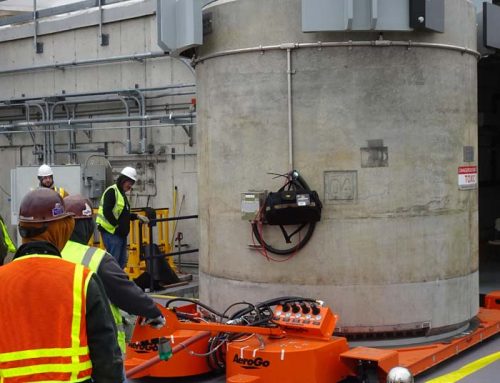
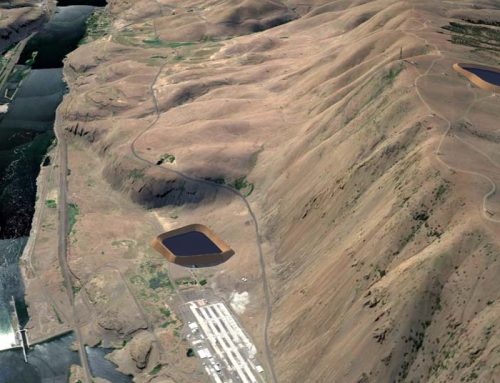
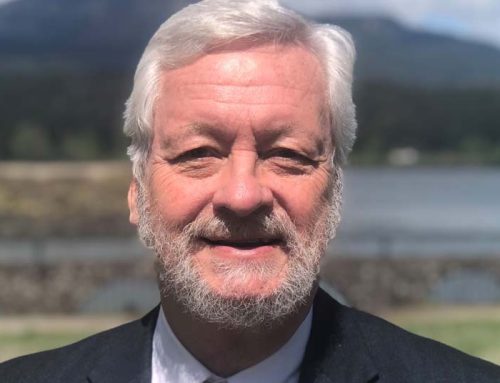
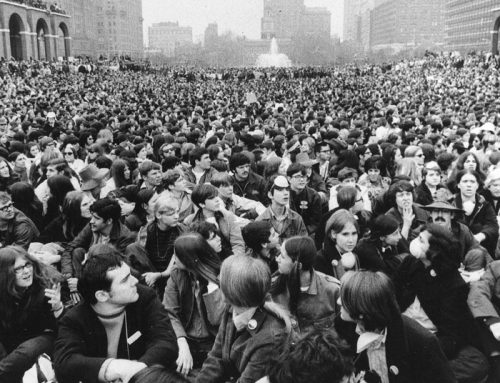
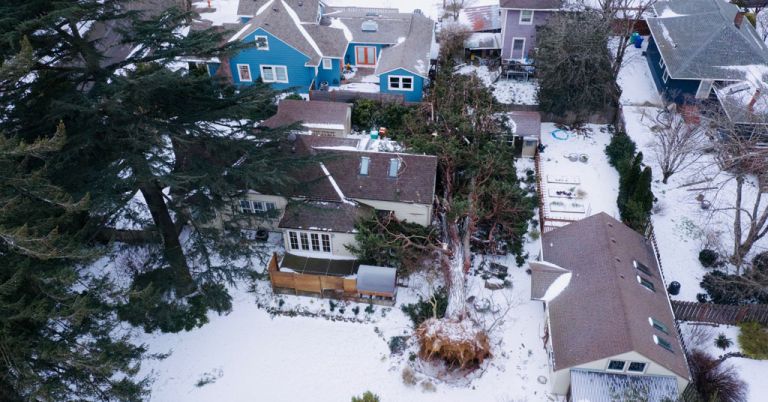

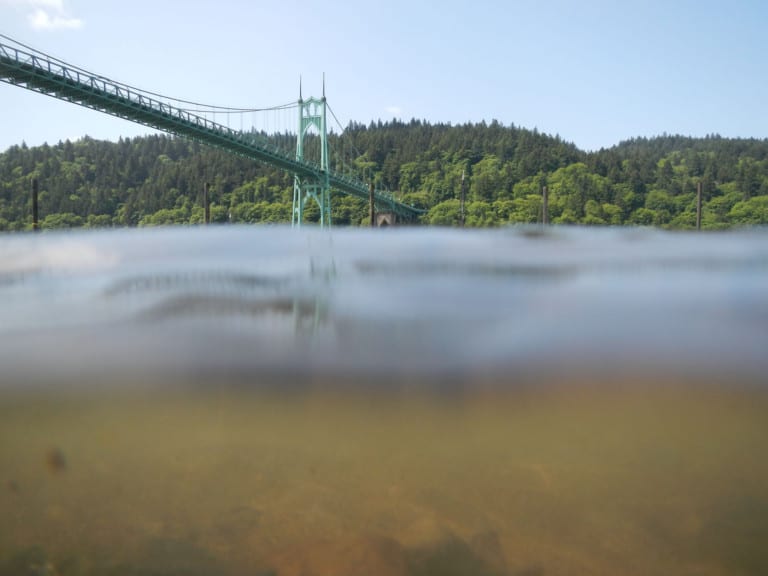



The polluters should pay.
They should have known better.
Not surprised. I think if the money were invested in promoting more renewable energies, like study how they can be successfully integrated in city infrastructures. As well as reducing unsustainable practices/habit through incentives might work. Preventative measures are less costly than fixing damages, we all know that, but oh is it difficult to actually do it.